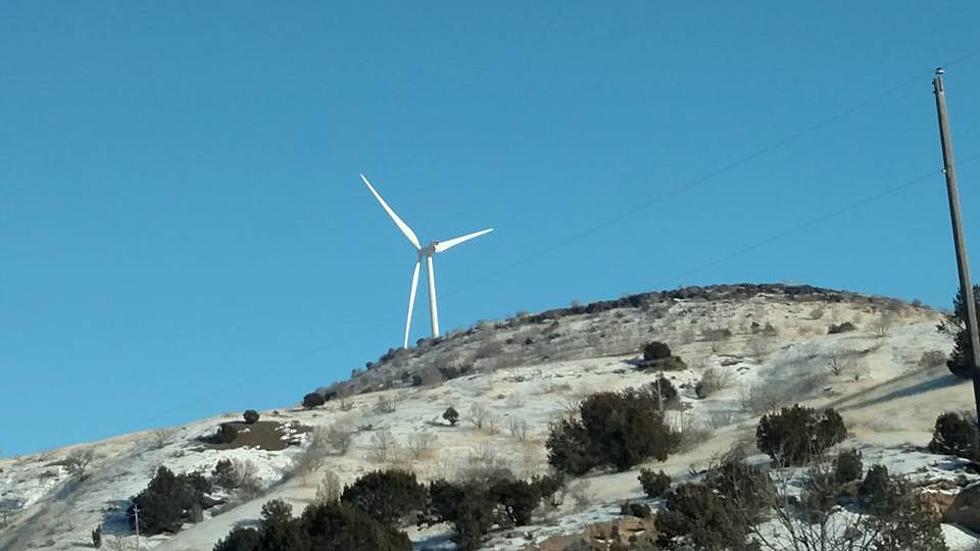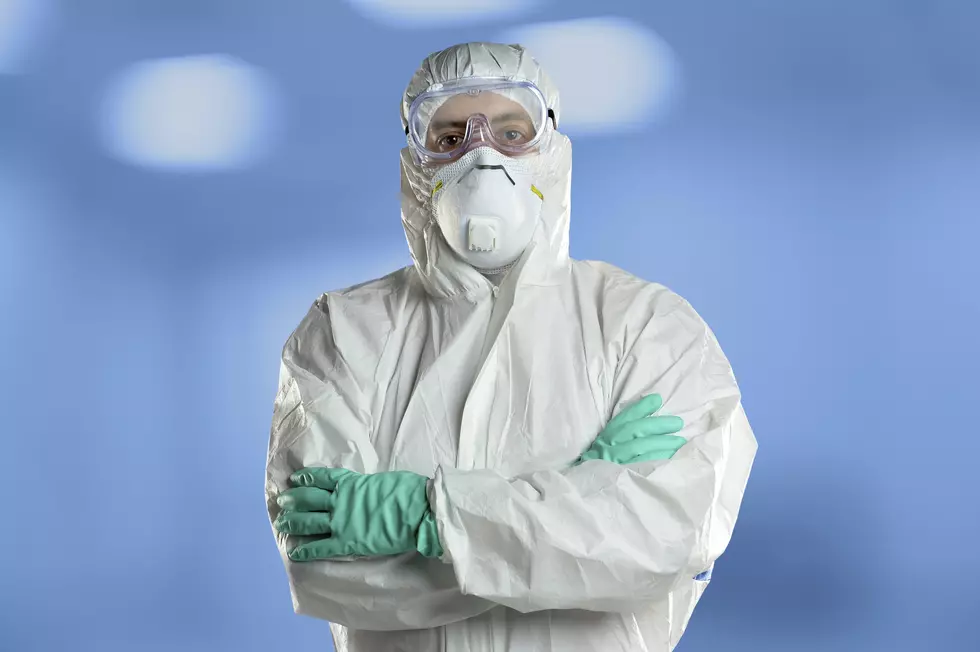
Idaho Nuke Scientist Say Not To Worry
The death toll is rising in Japan and there is still plenty of concern about the possibility of a nuclear disaster. More than one million people are still without power and water and in some places, food. Japan's nuclear crisis deepened dramatically yesterday. Safety officials sought desperately to avert catastrophe. Japan's government says radioactive material leaking from reactors was enough to "impact human health" and the risk of more leaks was "very high." Dr. Akira Tokuhiro is a professor of Nuclear Engineering at the University of Idaho says every precaution is being taken. Tokuhiro explains what caused the explosions. He compares the nuclear reactors to the engine in your car, and says just like a car engine, the reactors have to be cooled. But when the earthquake hit, it cut off the power needed to pump water to cool the reactor's core, which caused the reactor to overheat, which caused hydrogen to build resulting in an explosion that blew the roof off the building. Tokuhiro says despite the explosion, the reactors are still contained and protected. Teams are now working on keeping the reactor cool using ocean water. Tokuhiro says even if there was a complete nuclear meltdown, only those near the nuclear plants would suffer significant exposure.
More From News Radio 1310 KLIX









